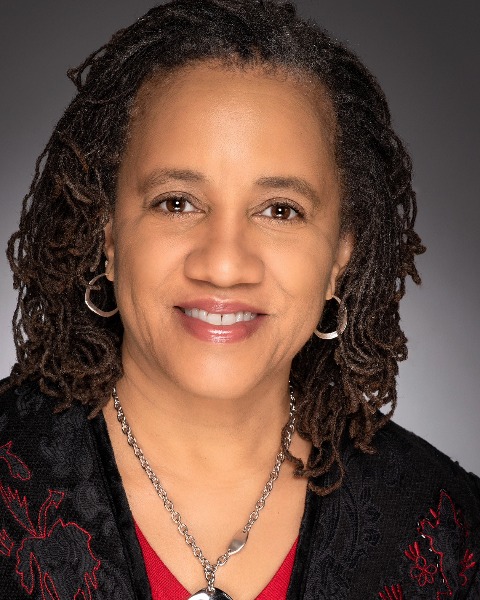Developmental and Behavioral Pediatrics
General Pediatrics
Neonatology
NICU Follow Up Club
-

Raye-Ann deRegnier, MD
Professor of Pediatrics
Ann & Robert H. Lurie Children's Hospital of Chicago
Chicago, Illinois, United States -

Yvette Johnson, MD, MPH (she/her/hers)
Associate Professor of Pediatrics, Texas Christian University Burnett School of Medicine
Neonatologist, Cook Children's Medical Center
Medical Director, NEST Developmental Follow-up Clinic
Fort Worth, Texas, United States
Chair(s)
Early detection of cerebral palsy (CP) has been recommended for infants at high risk of neurodevelopmental impairments, using a combination of assessments that begin in the first three months after term equivalent age. These assessments have high sensitivity for a later diagnosis of cerebral palsy and also are markers for other developmental delays. As the practice of early detection disseminates in the United States and worldwide, there are often questions of what NICU follow up teams can do to provide developmental support and rehabilitation after an infant is identified as high risk for CP. In the past few years, evidence has accumulated about the effectiveness of early physical and occupational therapy but there has also been evidence of barriers for infants and families in transitioning from the NICU to home and in bridging therapy services from the NICU to home.
In this session we will review how to implement early detection processes in a NICU follow up clinic and describe how clinicians can provide effective multidisciplinary developmental support and therapy for infants at high risk. Our speakers will be Dr. Nathalie Maitre, Dr. Alicia Spittle, and Dr. Stacey Dusing. All of the speakers are internationally known, leaders in the field, well published, and have conducted clinical trials incorporating early detection assessments and therapy. Dr. Maitre is a neonatologist and Drs. Spittle and Dusing are physical therapists. We are hoping to transmit evidence from other disciplines to this population to improve the care and outcomes of infants with neonatal risk factors.
Learning Objectives:
- 1. To describe the process for early detection of CP
- 2. To provide support for infants and families in the transition from NICU to Home
- 3. To define the evidence base for early intervention in infants with risk factors for neurodevelopmental impairments
Presentations:
-
11:40am - 12:05pm HSTMoving Forward and Making a Difference: Early Surveillance of Motor Disorders
Speaker: Nathalie L. Maitre, MD, PhD (she/her/hers) – Emory University and Children's Healthcare of Atlanta
-
12:05pm - 12:30pm HSTEarly Intervention Post- hospital Discharge: Current Evidence with a Focus on Cerebral Palsy and Motor Abilities
Speaker: Alicia Spittle, Ph.D. (she/her/hers) – University Of Melbourne
-
12:30pm - 12:55pm HSTSupporting Infants and Families in the Transition from NICU to Home
Speaker: Stacey Dusing, PhD, PT (she/her/hers) – University of Southern California

